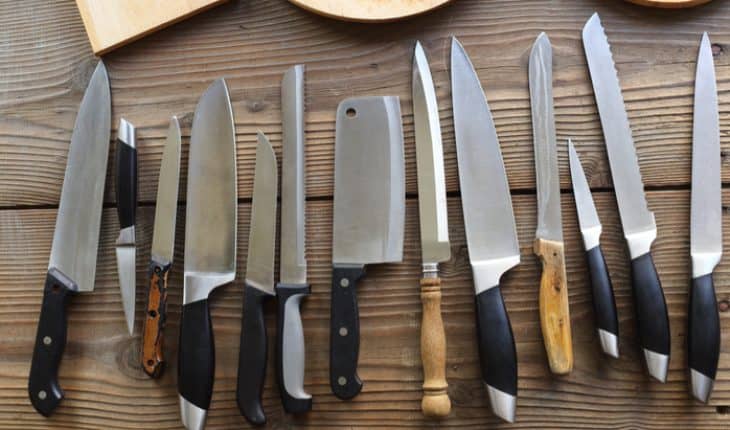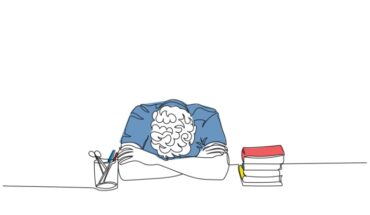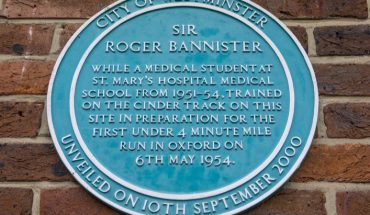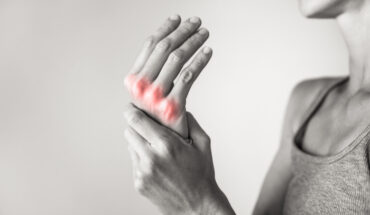The current epidemic of knife crime in the UK raises a number of issues surrounding causation, prevention, and from a medical point of view, dealing with the casualties. Knife crime in the UK is becoming a big public issue. England and Wales have seen the largest recorded increase of 22% – this figure was revealed amid a spate of stabbings in London earlier this year. In 2017, 40,000 offences involving knives or sharp weapons were recorded by police – the highest level in 7 years – gun crime has also increased by 11% to 6,600 offences.
In my work as a forensic psychiatrist, I often speak to and assess people for the court who are charged with homicide. In Scotland, anyone charged with this offence has the right to have two independent assessments by psychiatrists. I have come across many cases where people got in a situation where a knife was to hand and used it to deadly effect in the heat of the moment. They might have been carrying a knife for protection or to fit in with their peer group, but when a fight starts, it can become a lethal encounter. No one would have died if there wasn’t a knife on the scene. I very rarely talk to anyone who doesn’t feel profound regret at what they have done in the aftermath. Not only have they taken away someone else’s life but they have ruined their own life too.
If we could only stop this happening in the first place, it would avoid so much pain and heartache. But there are simple ways to make this much less likely, and it all comes down to reducing the number of people carrying knives.
The majority of people who carry knives are not carrying hunting daggers or machetes but simple kitchen blades they have taken from their mum’s kitchen drawers. When we looked at murders in a part of Scotland over a five year period, we found that 60 per cent were carried out using ordinary domestic knives. What a difference it would make if mums and dads checked their drawers and counted in their knives if they were concerned what their teenage child was getting up to. Or if we could restrict access to sharp knives to those who had a history of violence, making this part of their bail conditions. It’s impossible to remove all hazards, but making it more difficult to grab a sharp blade would make a significant difference.
I am reminded of the huge reduction in numbers of suicides by gas in the 1960s when the UK changed it supply from coal gas to natural gas, which contains far less lethal carbon monoxide. Before, it was a quick and painless way to kill yourself in your own home, sometimes with your entire family as non-willing participants, but afterwards you would rarely succeed. A seemingly trivial change had a profound effect on suicide rates. And new rules that make it harder for someone to buy potentially lethal doses of paracetamol have also caused suicide rates by that method to drop considerably, according to research from the University of Oxford.
And the design of these knifes could also be vastly improved so they were just as efficient as cutting vegetables but unlikely to easily puncture clothes and skin. I have been campaigning for years for kitchen knives to be manufactured with the sharp, pointy tip, which is really only essential for gutting fish or making pumpkin lanterns at Halloween. A knife could just as easily have a blunt tip as long as the blade itself was sharp. But it is these sharp pointy tips which pierce skin, muscle and arteries, sometimes leaving a tiny hole with very little external bleeding. One of the first murder cases I ever dealt with involved a man who was stabbed in the bottom in a pub and he staggered outside and fell on the pavement. Unfortunately, everyone assumed he was drunk and left him to sleep him off. He bled to death.
Of course, there are other ways to target people who could be at risk of offending and helping them to avoid using extreme violence. In Scotland, the hard work of Violence Reduction Units in our cities is already making a massive difference and there has been a 60 per cent reduction in the number of homicides in Scotland since 2005 which is also replicated in statistics showing numbers of people admitted to hospital with knife wounds. We are managing to change the culture and stop people carrying knives in the first place. Once you start taking lethal weapons out of circulation, people no longer feel they have to carry knives just to protect themselves. It also helps that someone carrying a knife for a non-lawful reason can receive a sentence of up to five years in prison, which acts a deterrent.
Dr John Crichton is President of the Royal College of Psychiatrists in Scotland and will be speaking at the upcoming RSM meeting, Spotlight on Knife Crime, taking place in London on 31st July.
- Spotlight on knife crime - 28th July 2018







